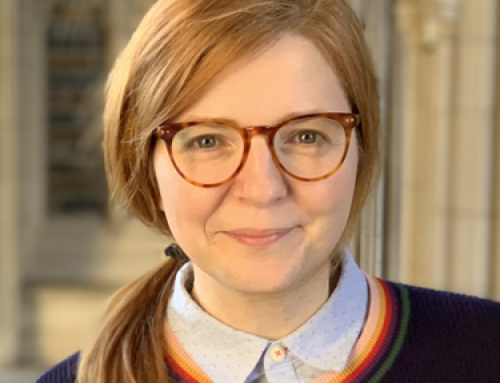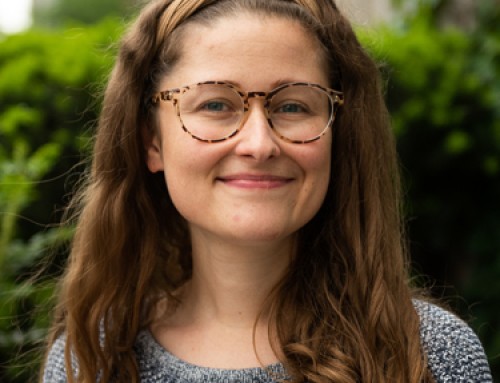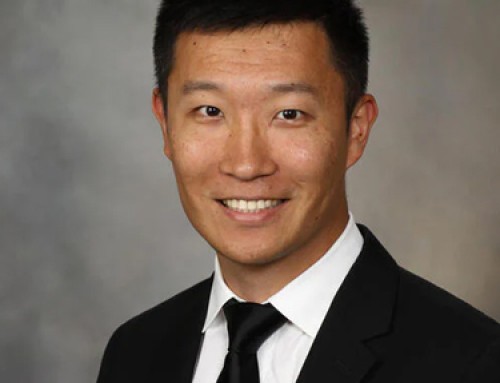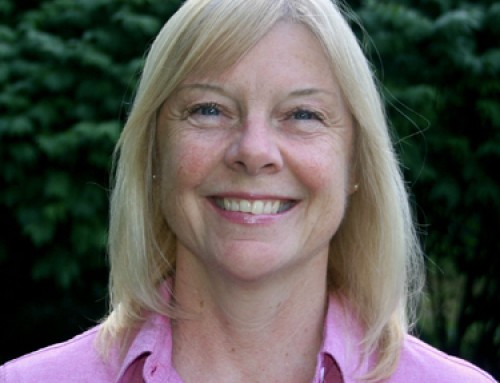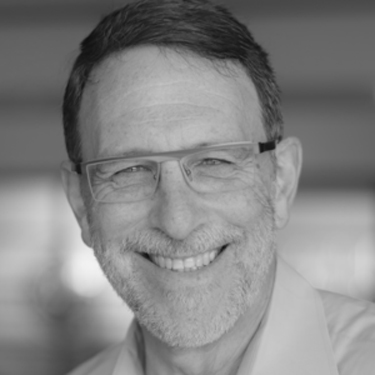
Dr. Peter Rosenbaum, M.D., FRCP(C)
Peter Rosenbaum, MD, FRCP(C), DSc (HC) graduated in medicine from McGill University in Montreal, Canada in 1967, and undertook residency training at Toronto’s Hospital for Sick Children (1968-70) and a Research Fellowship at the Wolfson Centre, Institute of Child Health, University of London (1970-73).
He joined the Department of Paediatrics in the Faculty of Health Sciences at McMaster University in 1973, and was appointed Full Professor in 1984. He held an inaugural Tier 1 Canada Research Chair from 2001-14. In 1989, with his colleague Dr. Mary Law, he co-founded CanChild Centre for Childhood Disability Research at McMaster. CanChild is now recognized worldwide as a leading centre of innovative and ground-breaking childhood disability research, including the creation of clinical classifications and measurement tools, and for its Knowledge Translation activities that attract > 300,000 visitors a year from >170 countries to its award-winning website (www.canchild.ca). Among CanChild’s and Rosenbaum’s most impactful work has been the creation, in 2011, of the ‘F-words in Childhood Disability’ (Rosenbaum and Gorter) – a fun way to bring to life the framework for health of the WHO’s International Classification of Functioning, Disability and Health. The paper has been downloaded >50,000 times from the journal website and cited >410 times, and the F-words have been translated > 35 times to date.
Dr. Rosenbaum has held over 90 peer-reviewed grants; is a contributing author to over 400 peer-reviewed journal articles and book chapters; and has been a guest lecturer in >30 countries. He co-authored Cerebral Palsy: From Diagnosis to Adult Life (2012), and co-edited Life Quality Outcomes of Children and Young Adults with Neurological and Developmental Conditions (2013) with Dr. Gabriel Ronen. In September 2016, he and several colleagues published an innovative book Ethics in Child Health: Principles and Cases in Neurodisability; and in early 2019 he co-edited, with Dr. Olaf Kraus de Camargo and others, the handbook ICF: A hands-on approach for clinicians and families.
Dr. Rosenbaum has worked with >75 master’s and doctoral-level students at the Universities of Oxford, Utrecht, Witwatersrand, Australian Catholic University and University of Toronto in addition to McMaster. From 2012-14, and again in 2018, he was an invited consultant to UNICEF’s Expert Consultation on the Collection of Data on Children with Disabilities.
Dr. Rosenbaum’s accomplishments have been recognized nationally and internationally. In 2000, he received the Canadian Pediatric Society’s highest award (the Ross Award); in 2005, an Honorary Doctor of Science, Université Laval; he was the first Canadian President of AACPDM (1996-8), and received the Academy’s Mentorship Award (2007) and its Lifetime Achievement Award (2014). In June 2015, he was recognized with the inaugural Holland Bloorview Medal of Excellence in Childhood Disability. More recent recognitions include the President’s Award for Graduate Supervision, McMaster University (2017); the Carmel Award of Merit, awarded by the Canadian Friends of the University of Haifa (October 2017); the Fondation Paralysie Cérébral/ Fondation Motrice Prize (2018) for the opening Keynote talk at the 30th annual European Academy of Childhood Disability meeting in Tbilisi, Republic of Georgia; and the 2019 “Distinguished Service Award for External Advocates from the American Physical Therapy Association, Academy of Pediatric Physical Therapy. In early 2022 Dr. Rosenbaum was recognized with the International Alliance of Academies of Childhood Disability’s inaugural Mac Keith Press Global Award. ‘This award recognizes and highlights an individual or an organization who has made an outstanding contribution to the field of childhood disability with actual or demonstrated potential for global impact. This work may represent any combination of leadership, education, collaboration, mentoring, knowledge translation, or advocacy to improve the health and wellbeing of children, youth and adults with childhood onset disability around the globe.’
Dr. Rosenbaum’s career focus has been on a range of interconnected aspects of the ‘childhood disability’ field – issues of the functioning of children and youth; the wellbeing of families of children with long-term impairments; ways of thinking, talking and acting to provide services to these kids and families; the language we use to talk about clinical conditions like Cerebral Palsy and other impairments; and how to communicate these many issues to families, learners and the general public (including policy-makers) in plain and accessible language.


